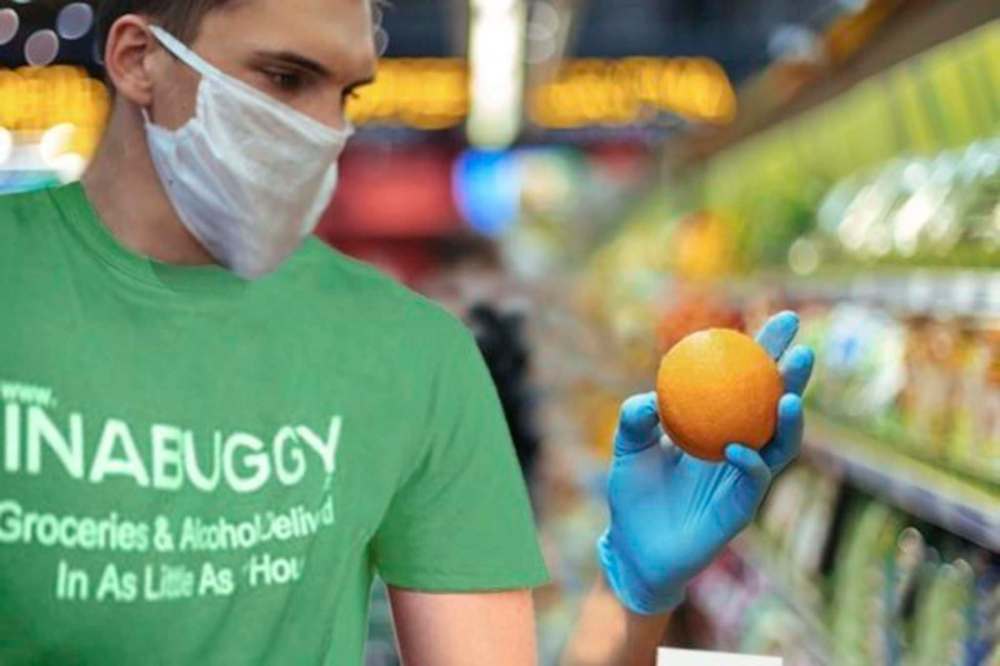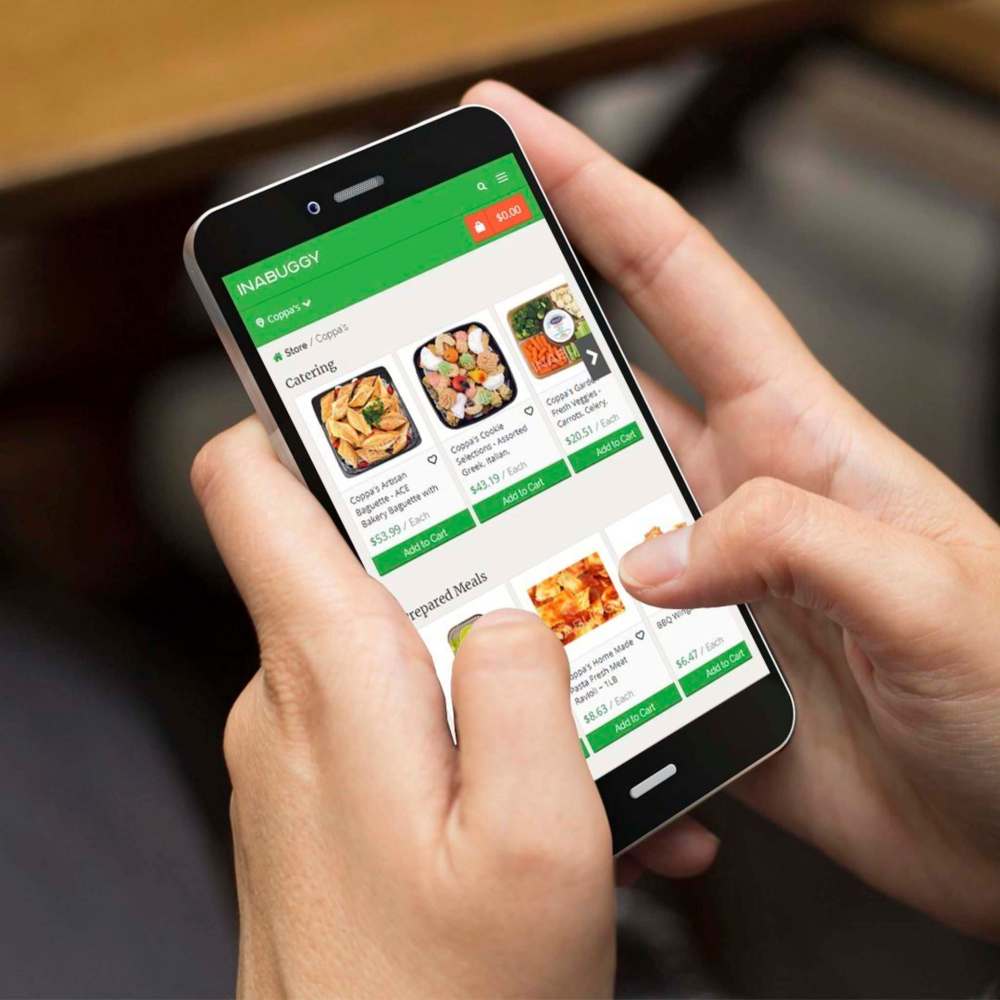Personal shoppers at your fingertips
Inabuggy will run all over town for you and deliver everything at once
Advertisement
Read this article for free:
or
Already have an account? Log in here »
To continue reading, please subscribe:
Monthly Digital Subscription
$1 per week for 24 weeks*
- Enjoy unlimited reading on winnipegfreepress.com
- Read the E-Edition, our digital replica newspaper
- Access News Break, our award-winning app
- Play interactive puzzles
*Billed as $4.00 plus GST every four weeks. After 24 weeks, price increases to the regular rate of $19.95 plus GST every four weeks. Offer available to new and qualified returning subscribers only. Cancel any time.
Monthly Digital Subscription
$4.99/week*
- Enjoy unlimited reading on winnipegfreepress.com
- Read the E-Edition, our digital replica newspaper
- Access News Break, our award-winning app
- Play interactive puzzles
*Billed as $19.95 plus GST every four weeks. Cancel any time.
To continue reading, please subscribe:
Add Free Press access to your Brandon Sun subscription for only an additional
$1 for the first 4 weeks*
*Your next subscription payment will increase by $1.00 and you will be charged $16.99 plus GST for four weeks. After four weeks, your payment will increase to $23.99 plus GST every four weeks.
Read unlimited articles for free today:
or
Already have an account? Log in here »
Hey there, time traveller!
This article was published 23/09/2020 (1948 days ago), so information in it may no longer be current.
A new crew of personal shoppers are coming to town as demand for online delivery services “skyrockets” during the COVID-19 pandemic.
Starting this week, Winnipeggers can place orders customized through multiple stores of choice — from fresh groceries and pharmaceuticals to alcohol, flowers and locally butchered meats — delivered to their doorstep using the shopping app Inabuggy.
But with at least five different retail deliverers in the city, economists suggest it’s a suddenly crowded space to be entering.
“All I know is that we’re definitely in it for the long haul,” Inabuggy’s CEO Julian Gleizer told the Free Press Wednesday.
“COVID-19 was like the flip of a switch,” said Gleizer, who founded the app in 2015. “Overnight, we began to see a progressively changed market where we could hire hundreds of personal shoppers across the country simply in order to meet a rising demand.”
The delivery app has now scaled its operations to more than 50 Canadian regions, including large cities such as Vancouver, Toronto, Ottawa and Calgary — delivering from retail giants such as Walmart, Canadian Tire, Rexall and Costco.
“COVID-19 was like the flip of a switch. Overnight, we began to see a progressively changed market where we could hire hundreds of personal shoppers across the country simply in order to meet a rising demand.”
– Inabuggy CEO Julian Gleizer
“It certainly is a new norm,” he said. “We’re seeing major upticks of our users increasing their average basket sizes and overall it’s trend shift towards people getting used to the idea of safely getting things delivered, especially when they’re still hesitant to go out.”
At a flat rate of $19.98 per order (or $9.99 using the app’s local convenience rates), service charges for Inabuggy are higher than several other retail deliverers. Instacart, for example, starts at $3.99 for same-day orders over $35.
But Gleizer says what makes the app special is its customizable system that allows users to place a single order with items delivered from multiple stores.

“We’re also promising to support local businesses more than our competition,” he said. “Competition though, of course, is healthy for us and we’re proud to be in this market.”
Sylvain Charlebois, Canada’s leading food supply chain expert, says it remains to be seen how long the newly-created boom for deliverers will last.
“At the end of the day, this is Amazon’s legacy we’re seeing because they got the industry to start looking at things differently,” he said. “Prior to the pandemic, Canada’s culture wasn’t really like that — we weren’t the type to get things delivered all the time.”
“Certainly, that’s changed,” Charlebois added. “And the result is more startups that are finding a market using people’s demand during this time, when industries are blurring lines to continue staying afloat.”
To remain successful as a deliverer after this industry growth, “implementation and local partnerships will be key,” said Jenifer Bartman, a Winnipeg-based national business consultant.
“I’m old enough to remember when Eaton’s delivery trucks were commonplace,” she said. “So in a way, these new ideas aren’t entirely new — they’re ideas that we’re returning to after some time.”
“But like those services that used to exist, these new ones will need to understand that to remain around for the long haul, it’s all about understanding the people in cities in which you’re operating.”
Twitter: @temurdur
temur.durrani@freepress.mb.ca
History
Updated on Wednesday, September 23, 2020 9:00 PM CDT: Adds photo
Updated on Thursday, September 24, 2020 10:02 AM CDT: Clarifies that the app is delivering from retail giants such as Walmart, Canadian Tire, Rexall and Costco


